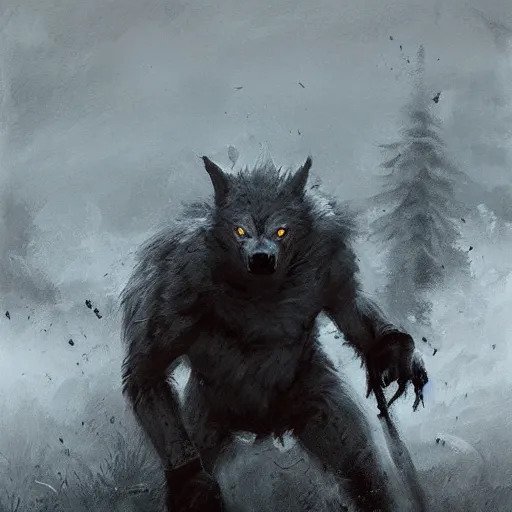The Psychology of Fear: Understanding the Role of Monsters
Monsters have always been a popular theme in literature, film, and other forms of storytelling. From the earliest myths and legends to modern-day horror novels and movies, monsters have played a significant role in creating fear and suspense.
But what is it about monsters that makes them so effective at eliciting fear in readers and viewers?
In this blog post, I will explore the psychology of fear and how monsters are used in writing to evoke emotional responses from readers.
The Nature of Fear
Fear is a basic human emotion that serves as a survival mechanism. It alerts us to danger and prepares us to respond to threats. When we encounter something that we perceive as a threat, our body reacts by releasing adrenaline and other hormones that prepare us for fight or flight. This physical response is accompanied by psychological reactions, such as feelings of dread and anxiety.
Fear in books is addictive.
It gets the heart pumping and skin tingling. Its the force that makes readers fly through 50 pages in one sitting without even realising it.
There is a reason why Stephen Kings books are so popular. Some people are addicted to horror stories and consume them like air.
Personally I’ve never tried to write horror, but creating a good bit of fear and suspense goes a long way to crafting a masterful narrative.
The Role of Monsters in Writing
Monsters are a classic tool for creating fear in writing.
They are often portrayed as powerful, dangerous, and unpredictable, making them a perfect vehicle for eliciting fear in readers. Monsters can be used to represent our fears and anxieties, giving them a tangible form that we can confront in the safety of a fictional world. They can also be used to challenge our perceptions of reality and explore deeper themes and meanings.
Types of Monsters
There are many different types of monsters in literature, each with its own unique characteristics and abilities. Of course you can always go down the tried and true fantasy monsters like dragons, unicorn, or mermaids. but if you want to stand out from the rest you need to let your imagination run wild when creating your monsters.
Some common types of monsters include:
Supernatural Monsters - These are monsters that possess supernatural abilities, such as ghosts, demons, and vampires.
Humanoid Monsters - Similar in appearance to humans but possess inhuman abilities or characteristics, such as werewolves and zombies.
Animalistic Monsters - Are monsters that are based on animals but possess supernatural abilities or characteristics, such as dragons and giant spiders.
Cosmic Monsters - These are based on the concept of cosmic horror and represent vast, incomprehensible entities that defy human understanding, such as Lovecraftian creatures.
These are the basics, the foundation, to creating your own unique and terrifying monsters for your characters to encounter.
The Role of Monsters in Character Development
Monsters can also be used to develop characters in writing. They can serve as a metaphorical representation of a character's internal struggles or fears. The way a character reacts to a monster can reveal important aspects of their personality and motivations. Monsters can also be used to create tension and conflict between characters, forcing them to work together to overcome a common threat.
If you want to take a more psychological approach to your writing these are the monsters that we truely fear - the ones in our own mind. These are the beasts that lurk in your character’s shadow, linger in their doubts and fears, and grab hold when they lest expect it.
Conclusion
Monsters are an essential part of writing and storytelling, playing a crucial role in creating fear, tension, and suspense.
Understanding the psychology of fear and how monsters are used in writing can help writers to create more effective stories that resonate with readers on a deep emotional level. By exploring the different types of monsters and their role in character development, you can create compelling stories that engage readers and leave a lasting impression.
Til next time.
If you want to learn more about building a believable and immersive fantasy world in your writing check out my other posts:
PS - Don’t forget to sign up below for updates on new book releases and blog articles. Also, drop by my Patreon and socials

